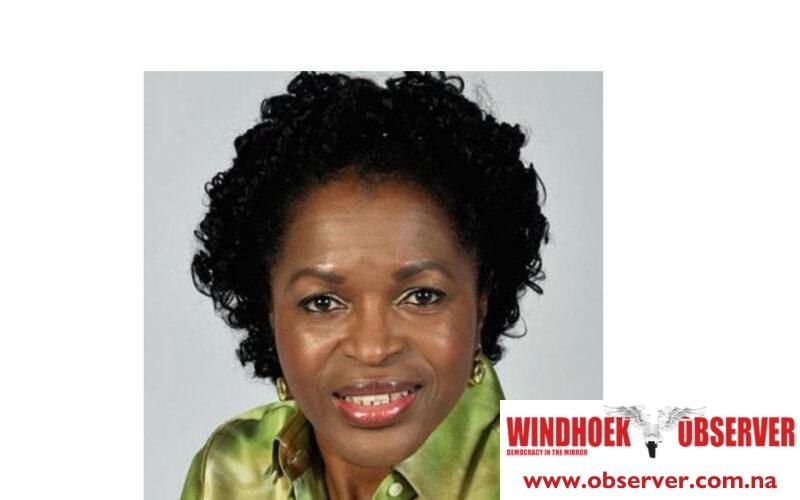Niël Terblanché
The Motorised Fishing Vessel (MFV) Helena Ndume, owned by Honeyguide Investments and named after “Namibia’s miracle doctor” recently set sail on a historic expedition to the icy waters of Antarctica.
This voyage is the first-ever foray by a Namibian fishing vessel into international waters.
Costing N$100 million, the ice-breaker vessel has been commissioned to fish for Patagonian toothfish within the Commission for the Conservation of Antarctic Marine Living Resources (CCAMLR) Convention area.
The crew, comprising 32 members, including 12 proud Namibians, anticipate a 60-day journey.
Derek Klazen, Minister of the Ministry of Fisheries and Marine Resources, lauded Honeyguide Investments for their significant investment of approximately N$150 million in the fishing sector.
“Namibia often sees fishing vessels sailing under various international flags in its waters. It fills me with pride that now a vessel flying the Namibian flag will grace the international fishing grounds of the CCAMLR Convention area,” Klazen said.
Ensuring transparency and adherence to international standards, Klazen reiterated Namibia’s commitment to uphold all stipulations mentioned in the CCAMLR Convention.
He said non-compliance could cast a shadow over Namibia’s reputation and the involved enterprise.
Fernando de Castro, Honeyguide Investments’ Managing Director, delineated the vessel’s route: a 40-day sail to Fiji for refuelling before venturing into the designated fishing areas.
The MFV Helena Ndume, equipped with a state-of-the-art onboard factory, boasts a loading capacity of 300 tons.
“The harvested fish will undergo cleaning and packaging onboard before heading to markets in the United States of America,” he said.
After its Antarctic expedition, the vessel will again dock at Walvis Bay in May 2024, resting for four months before departing on the next excursion to the South Pole.
The vessel was christened after Dr. Helena Ndume, Namibia’s celebrated ophthalmologist and humanitarian, fondly termed as ‘Namibia’s miracle doctor.’
She has generously provided over 35,000 complimentary eye surgeries in Namibia.
“Growing up in Tsumeb, I never fathomed that a vessel would bear my name. This recognition is humbling, and I urge the Namibian crew to embrace hard work,” she said
Klazen commended this move, stating that naming the vessel after Dr. Ndume shines a spotlight on Namibia’s rich legacy of humanitarian work.
De Castro echoed these sentiments and said that 51 percent of Honeyguide Investments is Namibian-owned, with the remainder held by a Spanish firm.




